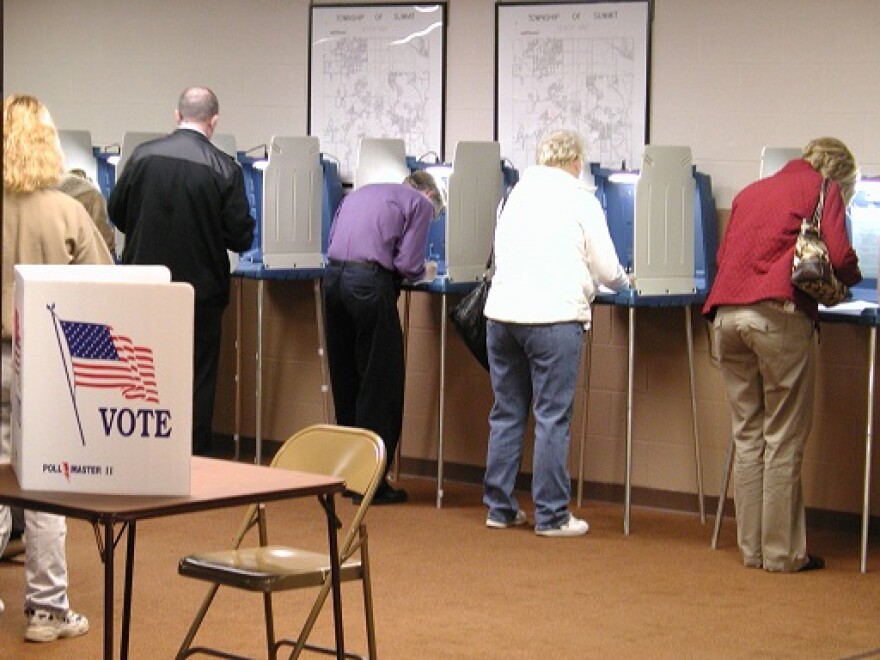Early in-person voting opened across Michigan this past weekend ahead of next week’s primary elections.
According to Michigan Secretary of State Jocelyn Benson, around 6,400 people voted Saturday and around 4,200 people came to the polls on Sunday.
At a press briefing Monday, Benson said over 1.6 million people in the state have requested an absentee ballot. Meanwhile, around 700,000 ballots have been returned.
David Becker with the Center for Election Innovation and Research said spreading voting out across a span of days, rather than allowing it only on Election Day, is better for ballot access and election security.
“Concentrating all voting into a single 12- or 14-hour period on a single Tuesday creates a single point of potential failure for a lot of things to happen. Could be traffic. It could be weather. It could be a power outage. It could be some kind some kind of intentional attack on the system, a cyber event or something else,” Becker said.
Election officials said the only notable issue so far during early voting came Saturday morning when a State of Michigan server became overloaded.
Benson said backup plans allowed voting to continue uninterrupted and that she’s confident it won’t happen again.
The early voting period is part of a series of recent election changes that also allow local clerks to start some pre-processing, but not counting, of absentee ballots ahead of Election Day.
Sterling Heights City Clerk Melanie Ryska said that goes a long way toward getting election results available faster.
“With pre-processing or early tabulation, we hope to work and alleviate some of that work and that strain we have on Election Day. That will give us an opportunity to focus on the ballots that are being returned the day before or on Election Day, to process those on Election Day,” Ryska said.
For comparison, Ryska said it took her team over 27 hours during the 2020 presidential election cycle to finish going through all of the absentee ballots it received.
Election officials are hoping to avoid a repeat this year of tensions from the fallout of the 2020 election, when Michigan became a focal point of efforts to overturn the results of the presidential race.
Michigan saw several policy changes following that experience. This is the first major cycle when they’ll be tested.
Aside from creating an eight day in-person early-voting period and allowing for some pre-processing of ballots, new Michigan election laws further criminalized the intimidation of election workers.
“We’ve also been running scenario planning exercises with law enforcement, first responders, and our clerks all across the state to make sure that we’ve got a rapid response plan in place if anything does erupt or occur on Election Day so that we can be ready,” Benson said.



